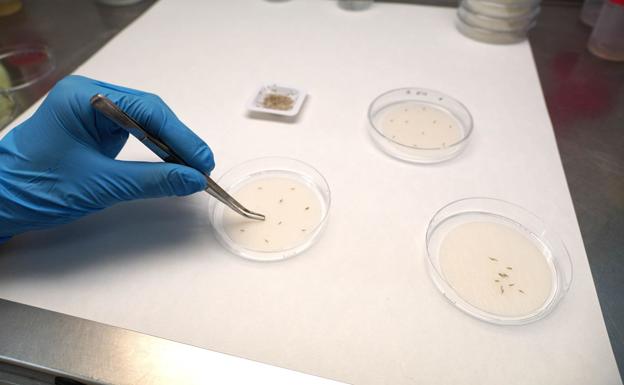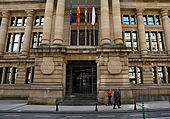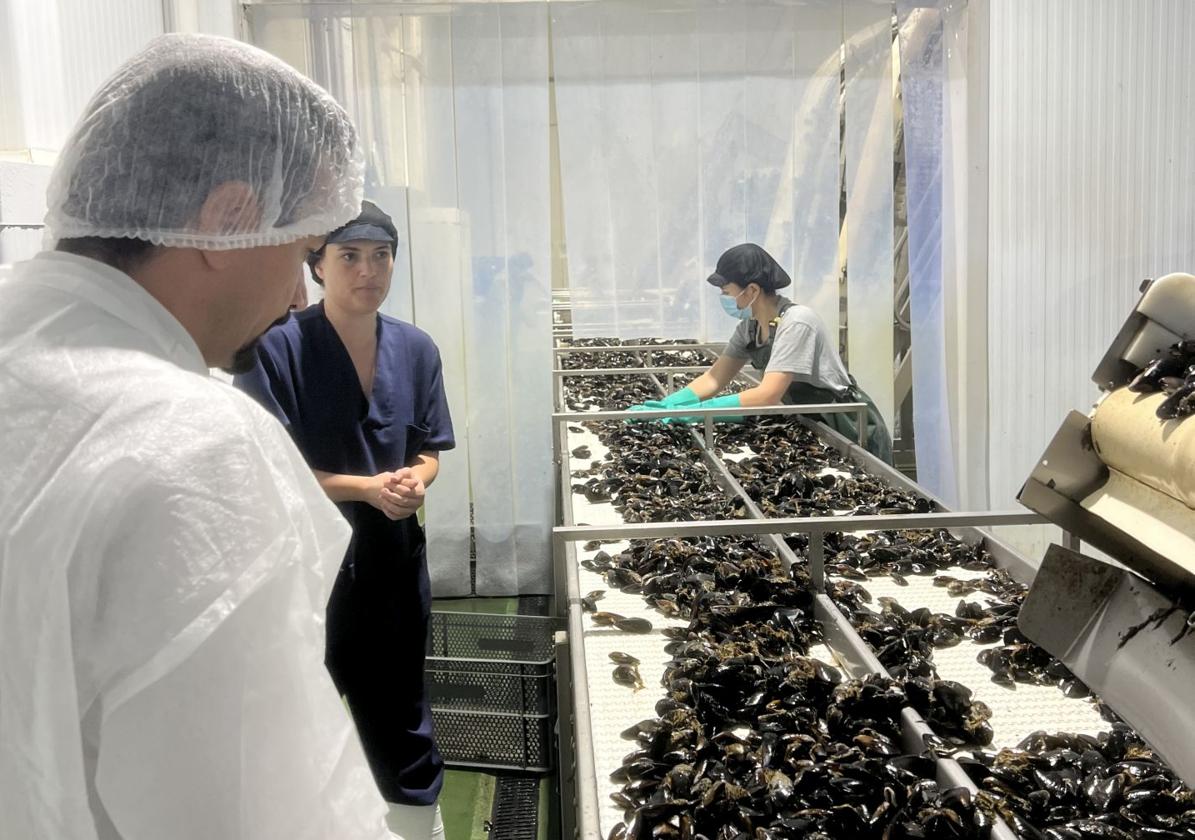A Second Life for Mussels: From Marine Waste to Valuable Agricultural Product
Research by Inescop and other technological centres promotes the reuse of over 10 million tonnes of mollusc shells generated annually worldwide.
Pau Sellés
Alicante
Monday, 14 April 2025, 16:10
Every year, more than 10 million tonnes of mollusc shells are produced globally. Due to the absence of valorisation processes, they become a challenging waste to manage and an environmental issue for the aquaculture industry. Therefore, a research project led by the Footwear Technology Centre (INESCOP) and other similar centres has initiated a project to give a second life to by-products generated by the bivalve mollusc industry, such as mussels and clóchinas.
The project, named BIVALVOS, involves ASINCAR, ITC, La Unió Llauradora i Ramadera, Clóchinas Navarro, and Inescop. Its aim is to address the problem by transforming these wastes into new sustainable and high-value-added products, with applications in the agricultural, food, and industrial sectors.
The project's research lines include the production of snacks, and the formulation of bioplastics and ceramic supports.
Inescop is involved in the valorisation of surplus mussel meat to obtain protein hydrolysates that serve as agricultural biostimulants. During this valorisation process, "we have been able to recover between 60% and 75% of the protein present in the mussel with a protein content exceeding 40% and a free amino acid percentage ranging from 15% to 26% of the total," says Henoc Pérez, an Inescop researcher and expert in revalorisation.

This composition, which is predominantly composed of arginine, leucine, lysine, and glutamic acid, "promotes chlorophyll production, nutrient absorption, and plant growth stimulation," explains the Inescop expert. The project, which will mark its first year in July, is currently in the midst of in vitro germination tests, and significant improvements in plant growth through germination are being achieved.
Snacks and Bioplastics
In addition to the development of agricultural biofertilisers, the BIVALVOS project is working on two other research lines: the production of functional snacks, where non-commercial mollusc meat is transformed into a new food product, and the formulation of bioplastics and ceramic supports thanks to research by the Ceramic Technology Institute, ITC, in Castellón.
The snack is expected to have immunomodulatory properties that contribute to health improvement through diet. This research line involves ASINCAR, the Agro-Food Technology Centre located in Asturias.
In the case of bioplastics and ceramic supports, the calcium carbonate extracted from mussel shells will be utilised in water purification systems, as well as in other industrial applications.




